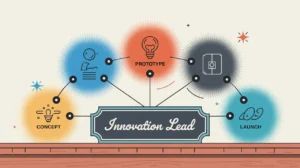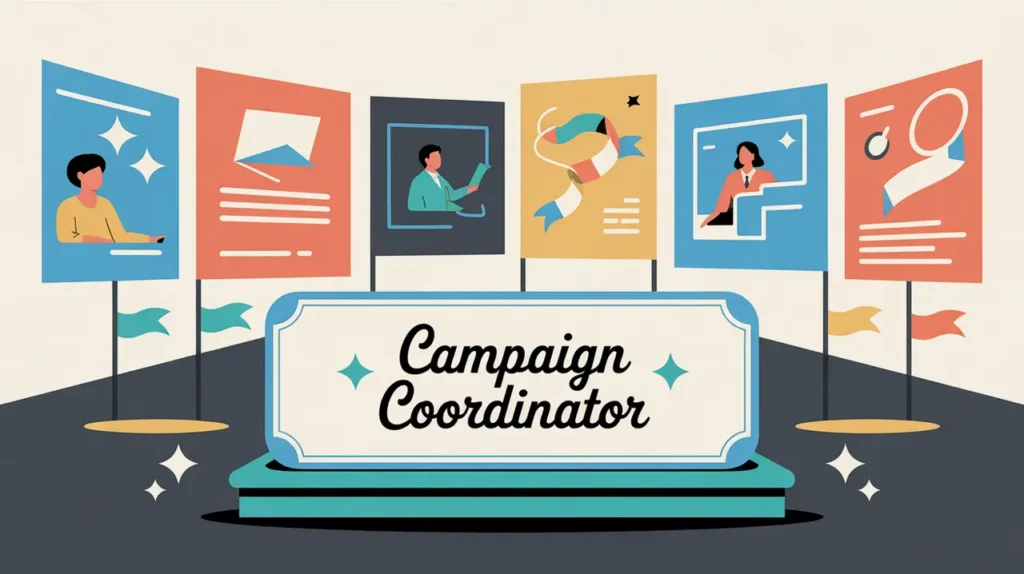What Does the Negotiation Lead Role Involve?
A negotiation lead is responsible for guiding and managing high-stakes negotiations on behalf of the organization. This includes preparing negotiation strategies, leading discussions with partners, funders, vendors, or government agencies, and ensuring agreements align with organizational objectives and legal frameworks. The role typically sits within strategy, operations, legal, or partnerships functions. In nonprofits and social enterprises, negotiation leads help secure favorable terms in funding agreements, partnerships, procurement, and policy engagements, ensuring that organizational interests are well represented while maintaining collaborative relationships.
At What Level does this Role Operate?
Senior Level: This role typically reports to a director of strategy, chief operating officer, or other senior executives. It often involves managing or coordinating cross-functional teams that support negotiation processes, while engaging directly with senior external stakeholders.
Relative Employability: Negotiation lead roles are less common in entry-level job markets but are critical in larger nonprofits, social enterprises, and international NGOs where complex partnerships and contracts are standard. Organizations increasingly value professionals who can combine strategic insight with negotiation expertise.
Relative Pay Scale: Negotiation lead roles sit within senior-level pay bands, reflecting their strategic responsibilities, stakeholder influence, and impact on organizational positioning and resources.
What are the Key Responsibilities and Activities?
- Develop negotiation strategies that align with organizational priorities and objectives
- Lead or facilitate negotiations with funders, partners, vendors, or government agencies
- Coordinate cross-functional input from legal, finance, program, and strategy teams to support negotiation positions
- Ensure that agreements comply with organizational policies, legal standards, and funder requirements
- Analyze potential risks and benefits of different negotiation outcomes and provide recommendations to leadership
- Build and maintain constructive relationships with negotiation counterparts to support long-term collaboration
- Document negotiation processes, decisions, and outcomes to ensure transparency and institutional learning
- Provide training and guidance to staff on negotiation techniques and best practices
What Core Competencies and Qualifications are Needed?
Required Qualifications and Experience
The following reflect common qualifications and experience expected for this role, while recognizing that pathways may vary by context, organization, and region.
- Academic background in law, business, economics, public policy, or a related field, or equivalent professional experience
- Significant experience leading negotiations in complex organizational contexts
- Strong understanding of legal frameworks, funding agreements, procurement processes, and partnership structures
- Excellent analytical, strategic thinking, and communication skills
- Ability to engage confidently with senior stakeholders and decision makers
- Familiarity with nonprofit and social enterprise governance, funding, and operational models
Key Competencies
- Strategic negotiation planning and leadership
- Legal and contractual understanding
- Risk-benefit analysis and strategic advisory
- Cross-functional coordination and stakeholder engagement
- Communication and relationship building
- Documentation and institutional learning
How are AI and Automation Shaping this Role?
An AI-native negotiation lead will look to AI and automation to strengthen preparation, strategy, and execution. They can use AI tools to analyze contract clauses, identify negotiation patterns, model different scenarios, and surface insights from previous agreements. Automation can streamline documentation, version control, and information sharing during complex negotiations. By integrating these tools, negotiation leads can focus on strategic positioning, relationship management, and achieving optimal outcomes for the organization.
What Career Pathways and Transferable Skills are Associated with this Role?
Negotiation lead roles can lead to positions such as director of strategy, head of legal, partnerships director, or chief operating officer. The skills developed in negotiation leadership, strategic analysis, stakeholder management, and legal understanding are highly transferable across nonprofits, social enterprises, government agencies, and private sector organizations. This role positions individuals to influence high-level decisions and secure strategic advantages for their organizations.







